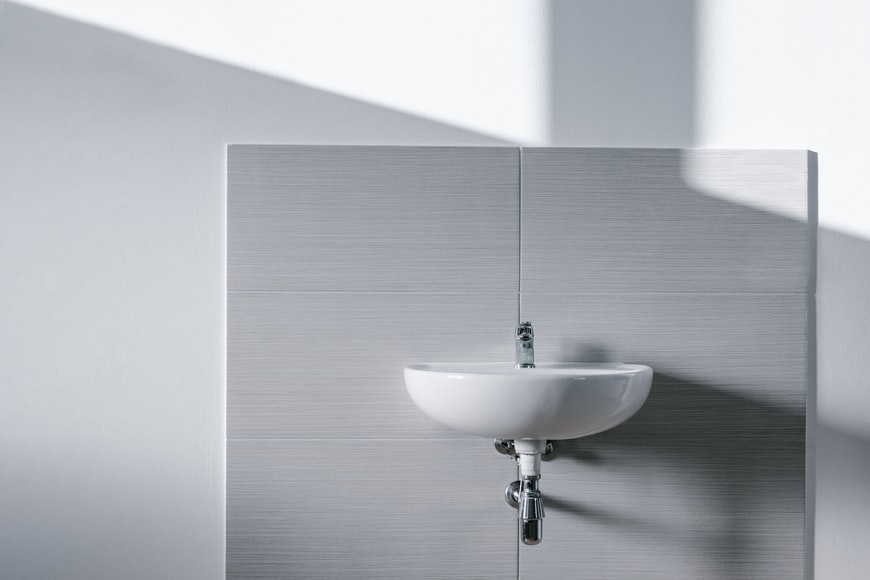Weather change can affect various structural details in your home. Maintaining sewage pipes can be the most challenging among all the structural elements in your home. Cold temperatures, especially in regions with high humidity, can cause several issues in homes’ sewage systems.
However, you can ensure a healthy sewage system in winters for your home by taking the following measures:
Replacing Leaking Pipes
Letting pipes leak only worsens the situation over time. Temporary fixes also only last for a limited period. After that, the pipe with leaks can develop further cracks or holes. Such a situation can go unnoticed in the winter months due to the condensation of sewage pipes.
Condensation leads to slowed leaks which can be easily missed and continue to destroy the wall, electric wiring, wall insulation, or other structural elements of the home.
Instead of fixing leaking pipes with temporary leaks, replace newer pipes to maintain a healthy sewage system in winters or throughout the year. You don’t have to replace the entire length of pipes necessarily. Only replace as much section of the sewage pipe as needed to cut down the cost and effort.
Insulating Open Plumbing
Covering all open plumbing in your house with insulation sheets can greatly help maintain a healthy sewage system in winters. While condensation can occur in all sewage pipes, it is more likely to occur in open plumbing, especially in the house’s exterior.
However, covering open plumbing with insulation sheets is an easy and cost-effective method to minimize condensation in pipes during winter. You can find insulation sheets for the purpose from any hardware store. Measure the open plumbing in both the exterior and interior of your home before you buy it so you can know how much you need.
Raking and Disposing Leaves
While you may not consider it a huge problem, fallen leaves have a high chance of entering utility holes and blocking your home’s sewage system. Along with fallen leaves, small twigs and branches can also be carried by the wind and enter any open pipes.
Twigs and branches can get stuck in pipes, while leaves can also pile up. Since there is no direct pressure in sewage pipes under the house or on the street, leaves and twigs can stay stuck for longer periods and stop the flow of other sewage waste.
Hence, if you want to maintain a healthy sewage system in winters, regularly rake your front and back yard and dispose of raked leaves properly.
Maintaining Tree Roots
In cold temperatures, the roots of the trees can shrink. As leaves fall, the evaporation of water from tree leaves drop. The lowered air temperature also slows the internal processes of the tree, sending them in a hibernation mode.
Both these factors result in reduced need for water by the trees, and their roots shrink as per the requirement. The increased condensation in the soil can also lead tree roots to loosen their grip on the soil.
All the above factors combine to increase water quantity in the soil. This water can apply constant pressure on the sewage pipelines and the basement walls of your home. On sewage pipes, this water pressure can easily create gaps and cracks in the pipes. On the other hand, the water pressure can leak into basement walls and mold growth.
You can maintain tree roots in their place by using a sump pump in your home’s yard. A sump pump can help get rid of excess water in the soil, reducing the need for tree roots to shrink and keeping soil in place.
Following Drainage Guidelines
While you should follow drainage guidelines throughout the year, not following them can cause greater damage during the winter months than it does in summer. During winter, draining oil, grease, or other food down the drain can quickly lead to blocked sewage pipes.
Oil and grease can solidify and stick in the sewage pipes. As they can also be sticky, they can lead to other sewage waste sticking to them, expanding the sewage system’s blockage.
Always dispose of food waste in a trash bin. Use high-quality fat-soluble dish soap to wash dirty dishes throughout winter. Washing dishes with warm water can also help liquefy oil and take it down the drain. Regularly run a baking soda and vinegar solution followed by hot water rinse through your kitchen pipes all winter to keep your sewage pipes healthy and clean.
Finally, don’t forget to install a water heating facility to keep sewage pipes open and maintain a healthy sewage system in winters. Contact Atlantic PHAC, local plumbing, heating, and air conditioning service provider, for Hampton heating services and plumbing.
